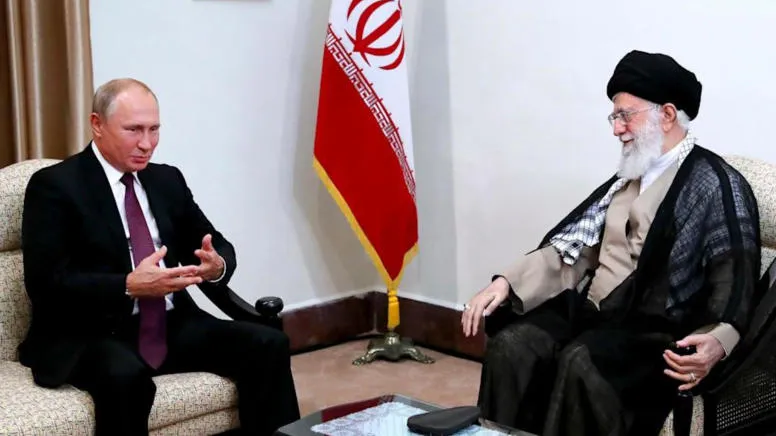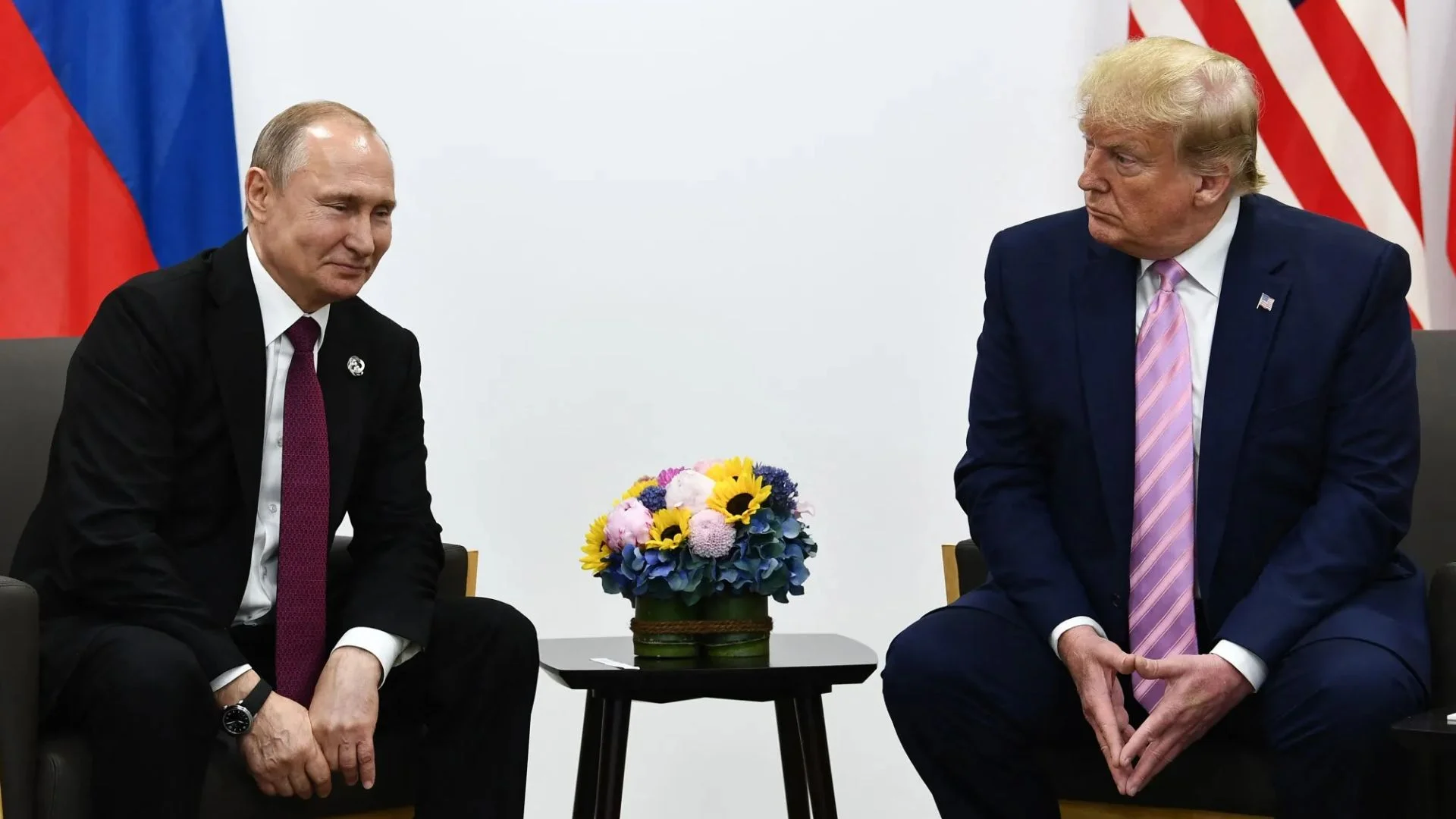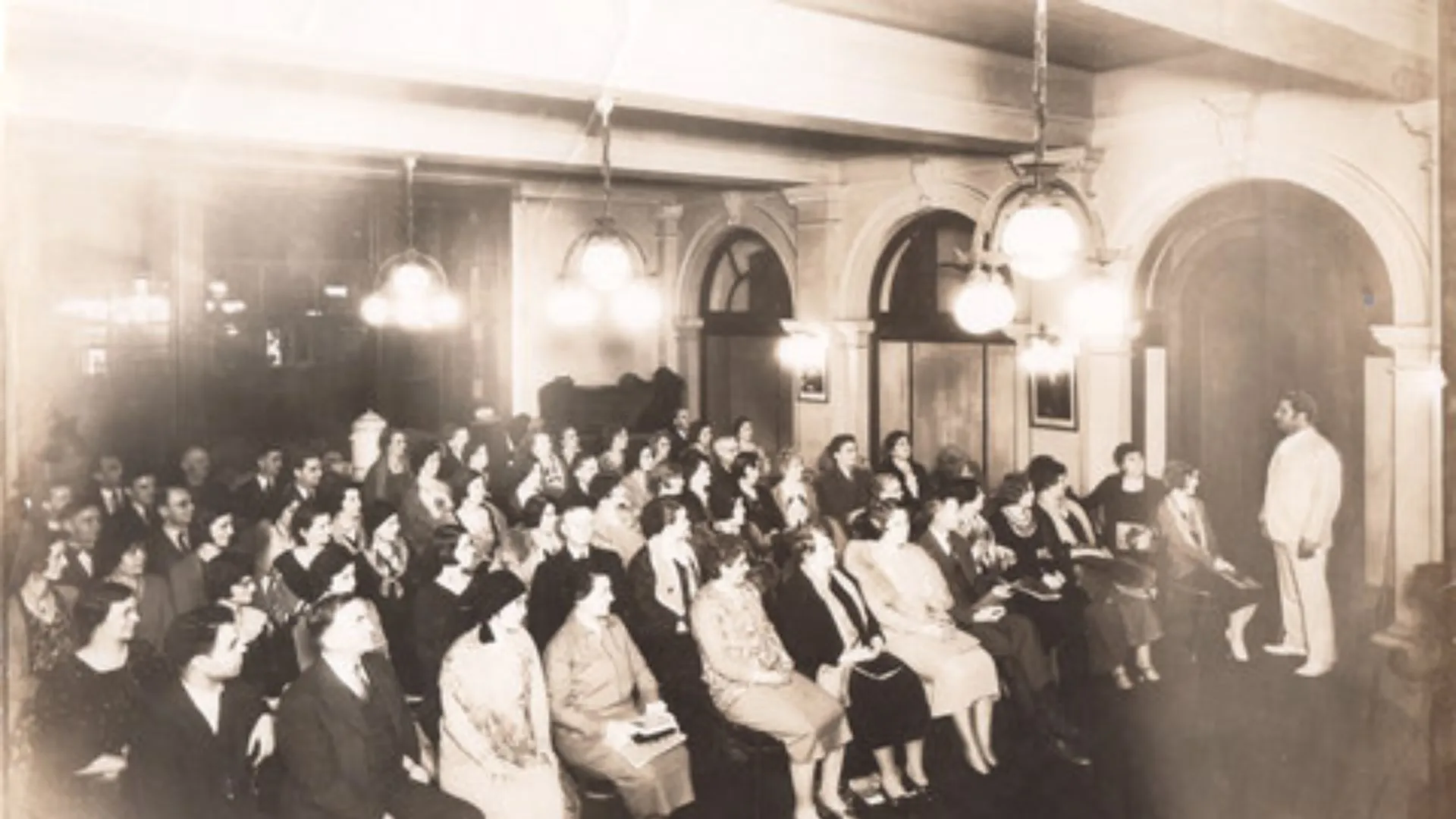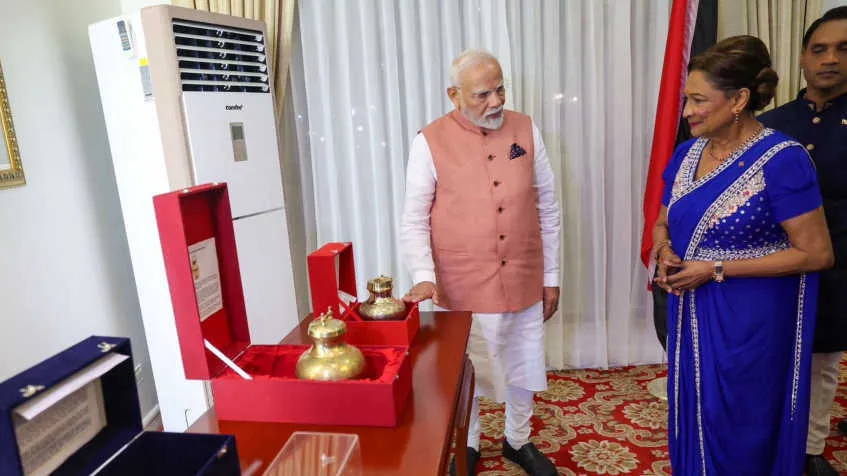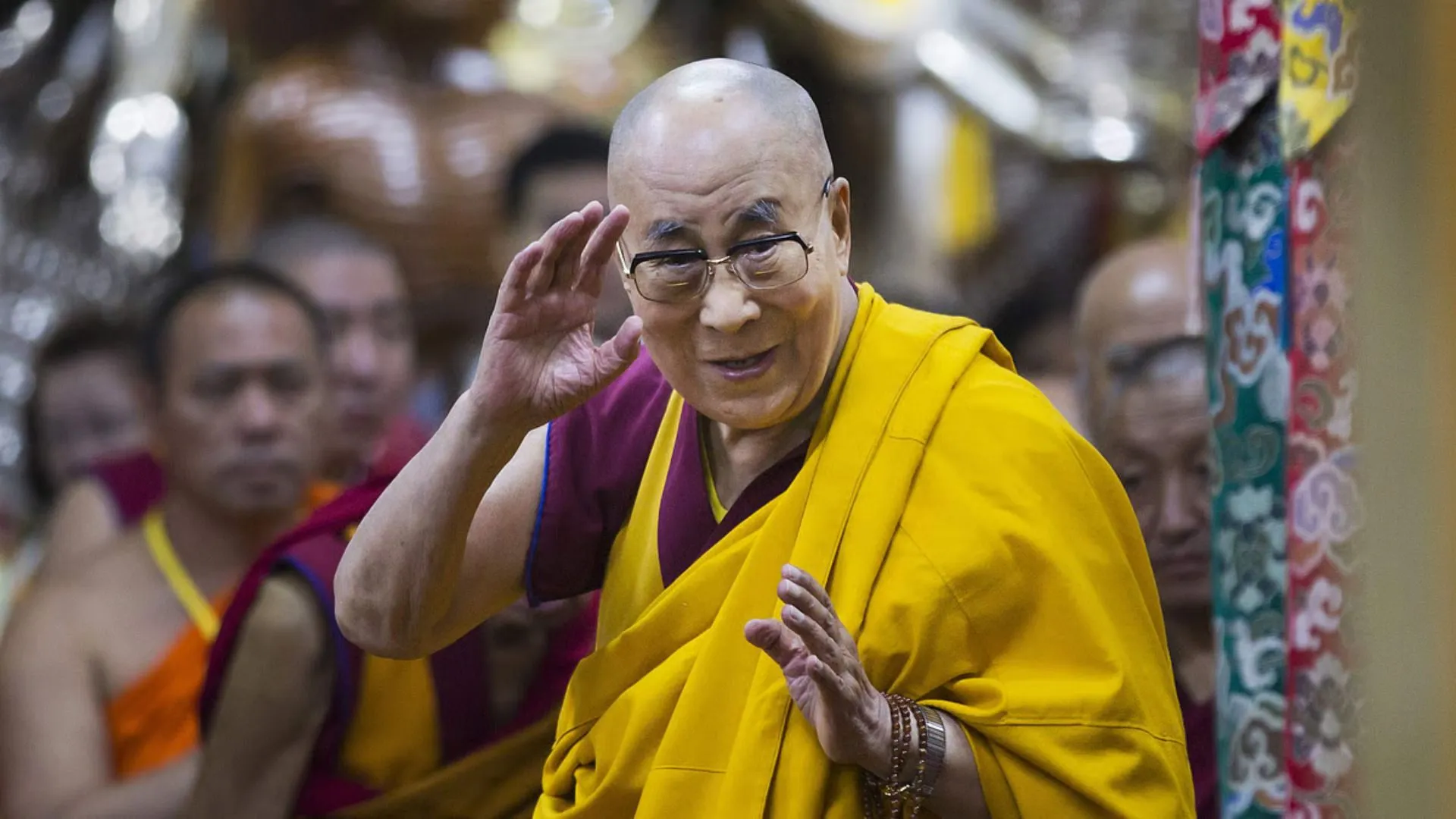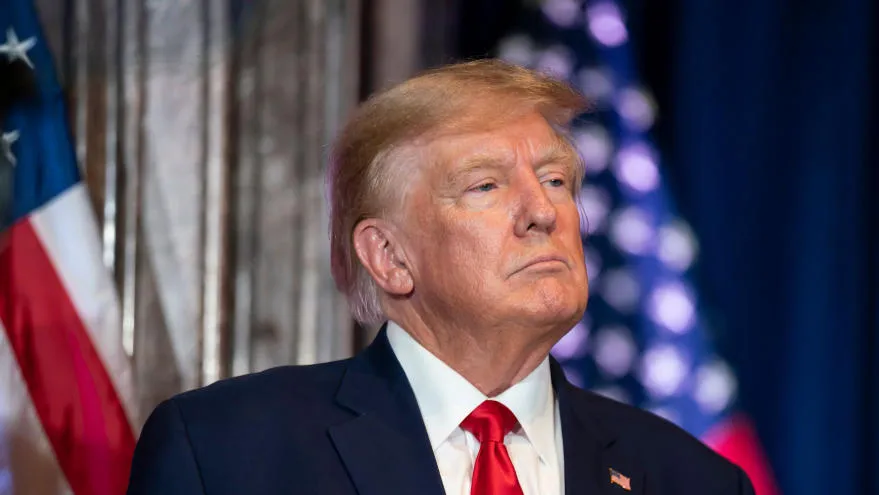When Israel started Operation Rising Lion, Russian officials quickly called the situation in the Middle East “alarming” and “dangerous.” However, Russian state media also focused on how this crisis might benefit Moscow.
Potential Gains for Russia
-
First, the conflict could raise global oil prices. That would increase revenue for Russia, which heavily depends on energy exports.
-
Second, the war shifts global attention away from Ukraine. One Russian newspaper, Moskovsky Komsomolets, even ran the headline: “Kyiv has been forgotten.”
-
Third, if Russia’s offer to mediate in the conflict gets accepted, it could improve its image. The Kremlin might present itself as a peace broker in the Middle East—even though it’s actively fighting in Ukraine.
But Risks Are Rising for Moscow
Still, as Israel’s military action drags on, Russia sees growing risks.
Russian political expert Andrei Kortunov, writing in Kommersant, warned on Monday, “The escalation of the conflict carries serious risks and potential costs for Moscow.”
He pointed out that Russia had recently signed a deep strategic deal with Iran but still failed to stop Israel’s large-scale attack. He wrote:
“The fact remains that Russia was unable to prevent a mass strike by Israel on a country with which five months ago [Russia] signed a comprehensive strategic partnership.”
According to him, Russia is not ready to go beyond verbal support for Iran. “Clearly Moscow is not prepared to go beyond political statements condemning Israel, it’s not ready to provide Iran with military assistance.”
The Limits of the Russia-Iran Deal
The agreement signed earlier this year between President Vladimir Putin and Iran’s President Masoud Pezeshkian is not a military pact. It does not require Russia to defend Iran if it is attacked.
Back then, Russian leaders described the deal as a major diplomatic success. In an interview with Ria Novosti, Russian Foreign Minister Sergei Lavrov said the agreement focused on “strengthening of co-ordination in the interests of peace and security on the regional and global levels” and showed “the desire of Moscow and Tehran for closer co-operation on security and defence.”
Losing Ground in the Region
In fact, Russia has already lost influence in the region. Last December, Syrian leader Bashar al-Assad, once a close ally of Moscow, was overthrown. Russia gave him asylum.
Now, Russia fears the same might happen in Iran. Losing another key partner would deeply hurt its regional strategy.
Moskovsky Komsomolets reflected this fear, saying: “In global politics right now, massive changes are taking place in real time which will affect life in our country, either directly or indirectly.”
All Eyes on Putin at Economic Forum
Meanwhile, President Putin is in St. Petersburg this week for the International Economic Forum. It used to be called “Russia’s Davos,” but that title no longer fits.
In recent years, major Western business leaders have avoided the forum—especially after Russia invaded Ukraine.
Despite that, Russian officials claim that delegates from more than 140 countries and territories will attend this year.
The Kremlin will likely use the event to show that global efforts to isolate Russia have failed. Even though it’s an economic forum, politics will play a big role.
Many observers will be watching closely to see what Putin says about both the Middle East conflict and the war in Ukraine.

